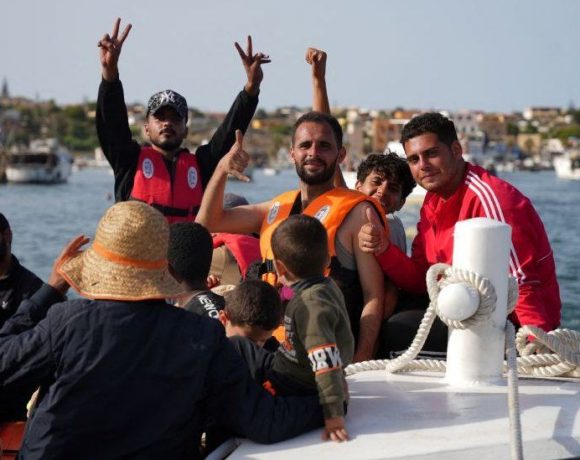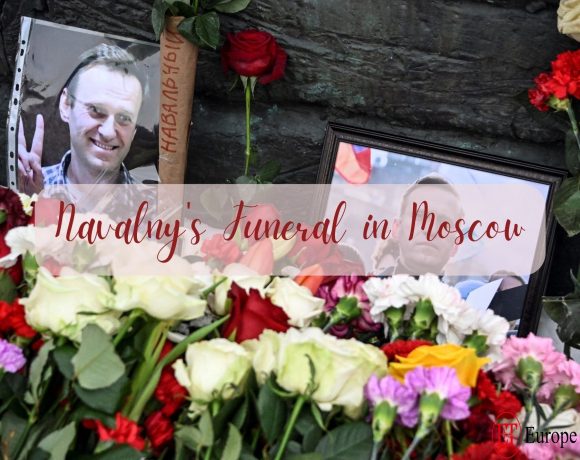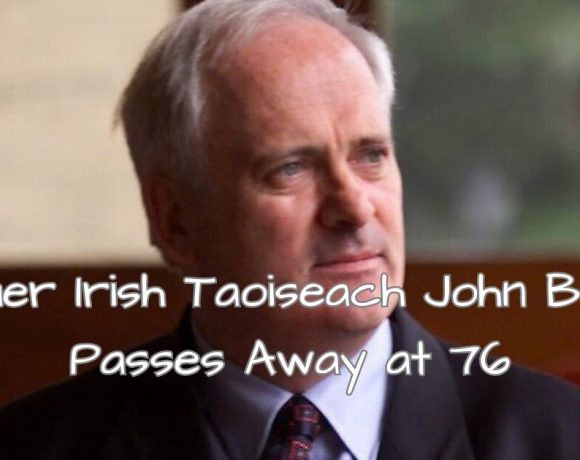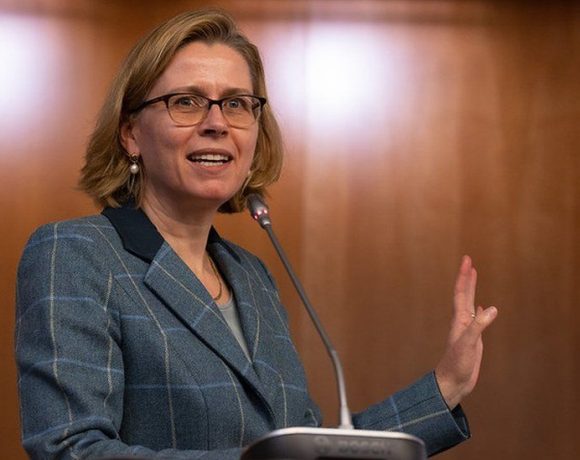
Prosecutors in Germany have apprehended an individual suspected of spying for China, who was identified as Jian G, 43, allegedly working as an assistant to AfD MEP Maximilian Krah. Jian G is accused of passing information about the European Parliament to Chinese intelligence and monitoring Chinese opposition figures in Germany. The timing of these allegations, just before the European Parliament elections, is sensitive for the AfD.
Maximilian Krah stated that he learned of his aide’s arrest through the media and emphasized that if the accusations were proven, the employment would be terminated immediately. The AfD expressed concern over the reports and awaited further investigations.
German officials, including Interior Minister Nancy Faeser and Justice Minister Marco Buschmann, deemed the allegations gravely serious, emphasizing the necessity of severe consequences if proven true.
China’s foreign affairs ministry dismissed the arrest as unfounded speculation aimed at defaming China. Prosecutors indicated that Jian G was scheduled to appear before an investigating judge soon.
Meanwhile, another separate incident involved the arrest of two men and a woman suspected of spying for China, unrelated to Jian G’s case. This group allegedly obtained military technology information in Germany for China.
These developments occurred shortly after German Chancellor Olaf Scholz’s recent visit to Beijing, where discussions with President Xi Jinping touched upon various issues, including the conflict in Ukraine.
Picture Courtesy: Google/images are subject to copyright





